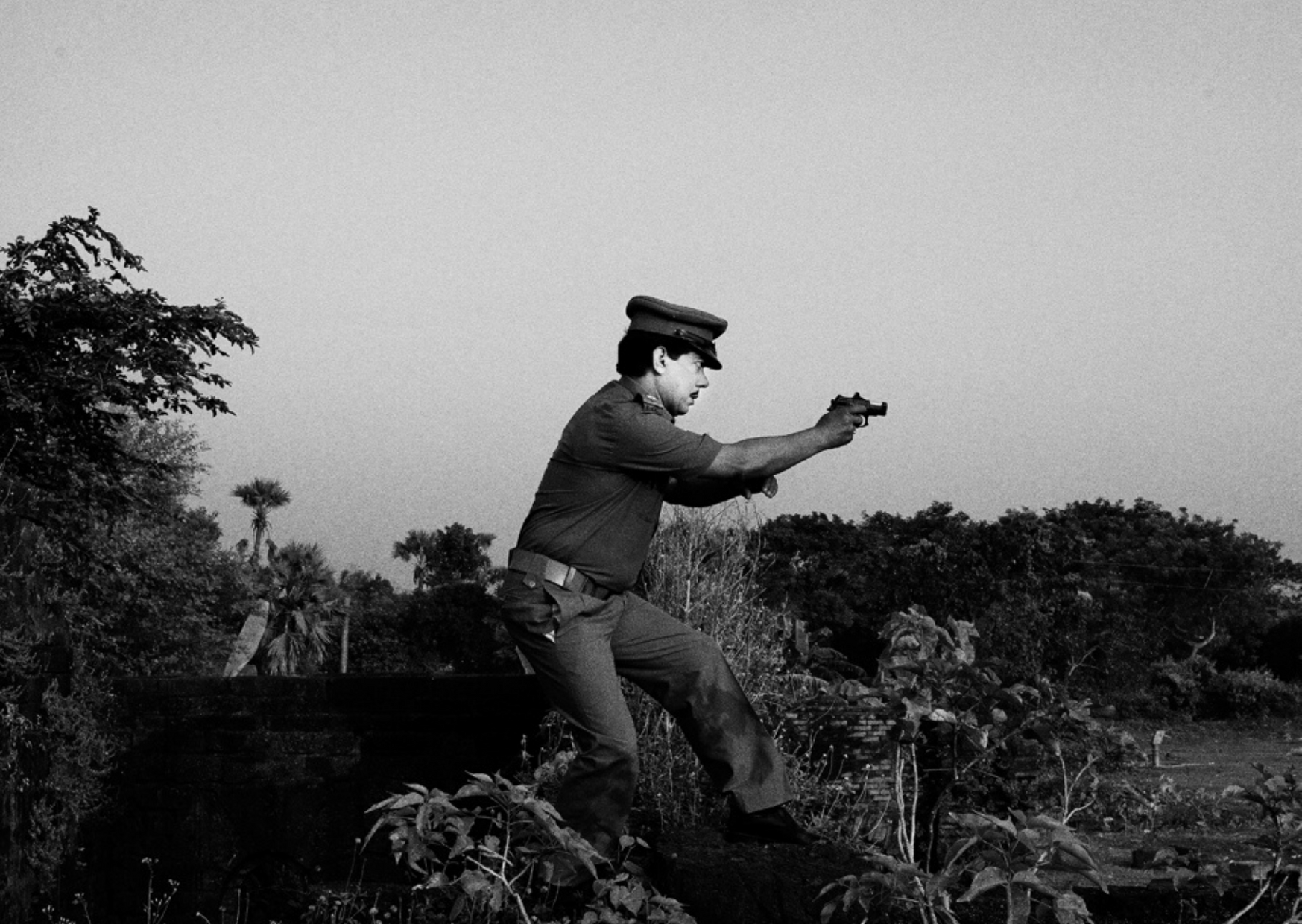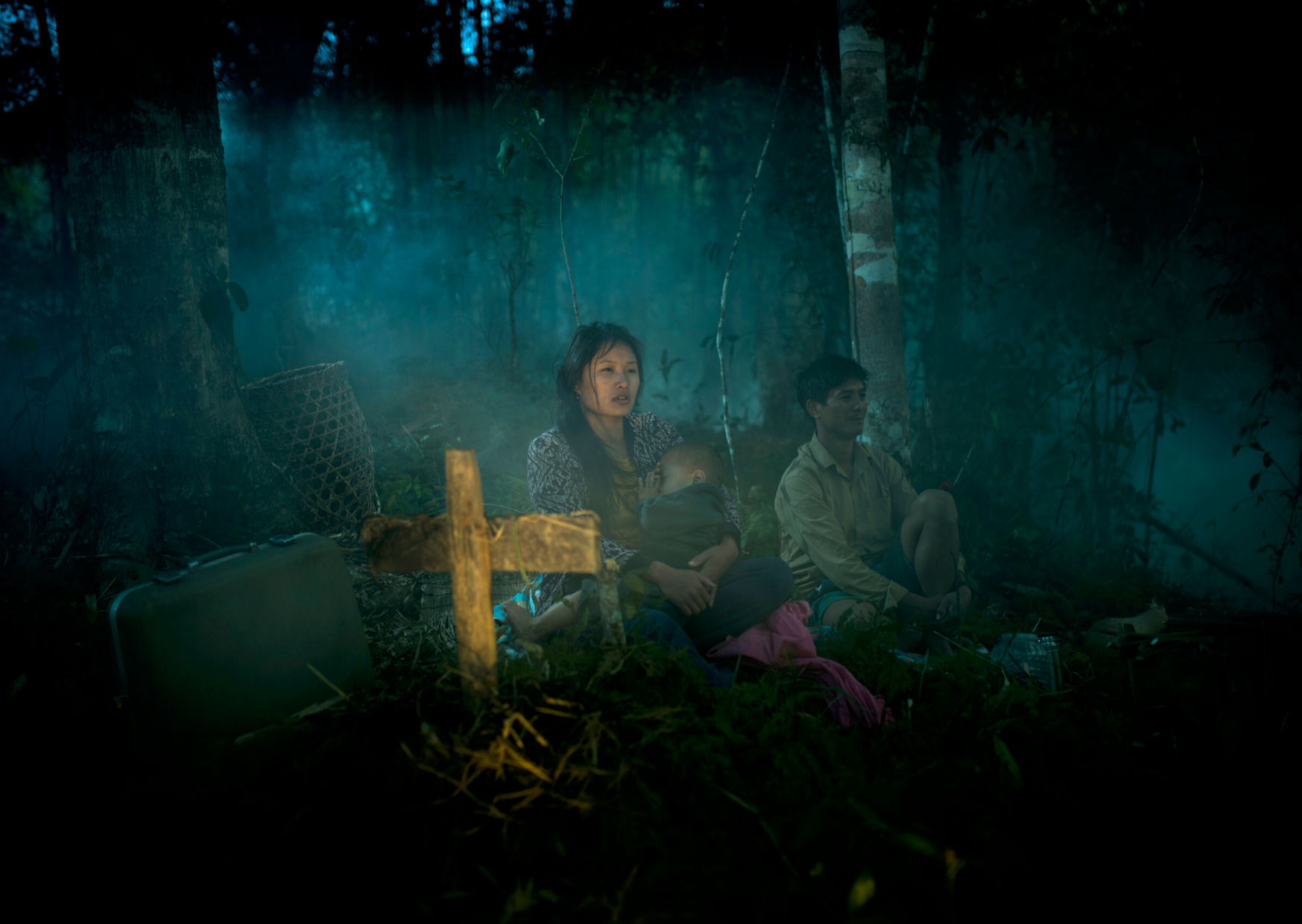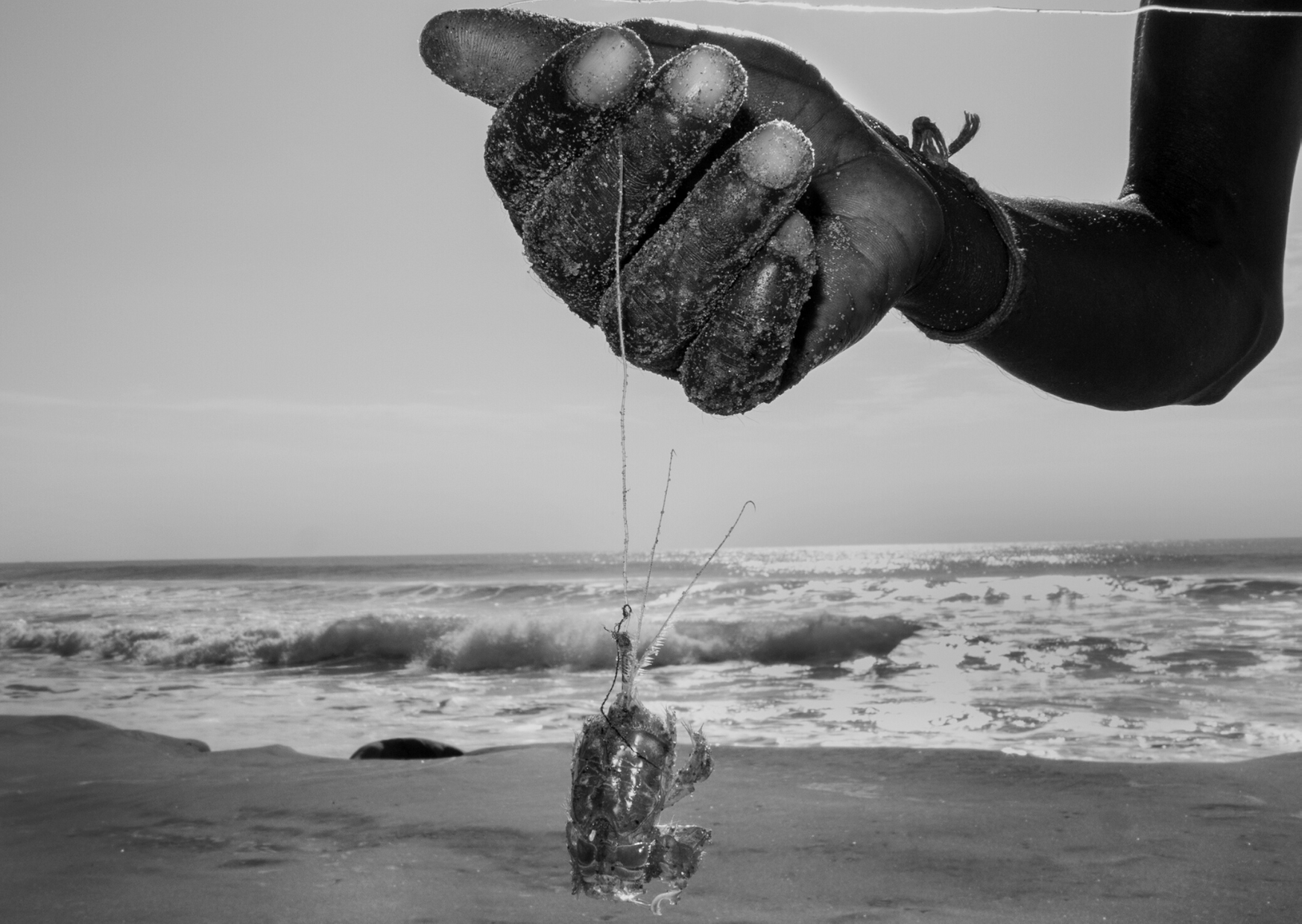Staying Connected #5 | Of Old Songs, Imagined Homelands and Men of Pukar | May 06, 2020

Did you see photographs of tens of thousands of migrant workers walking back home? Did you notice the images of on-duty doctors video calling their children to wish them a good night’s sleep? Did you chance upon any pictures of people risking their lives to go out and share food with those who are hungry?
Photography brings different and distinct worlds close to us allowing entry and access to lives we may not be directly connected to. Yet such moments from those lives that we encounter help us make meaning of our lives, know and value what we have.
As we hope that the world will heal with your immense strength and resolve, the Staying Connected Series by India Foundation for the Arts (IFA) continues to bring you the work of our grantees that we hope you will like engaging with. And today we introduce you to the work of three contemporary photographers whose work will enable you to step into diverse worlds and at the same time, take pleasure in moments of stillness. Scroll down for Let’s Sing an Old Song and Where the Birds Never Sing by Soumya Sankar Bose, Imagined Homeland by Sharbendu De and Men of Pukar by Abul Kalam Azad.

Let’s Sing an Old Song is a body of work with photographs of Jatra artistes by Soumya Sankar Bose. Jatra is a theatre form of undivided Bengal that dates back to the 16th century. Born to an extended family of Jatra artistes, Soumya began this photo-series documenting his uncle. These images, over a period of time, capture the changing lives of the artistes, the characters they played, and their connection and allegiance with the Jatra form. They also depict them largely in the characters' garb—but offstage, in the spaces they inhabit and occupy in the present day and Where the Birds Never Sing is an ongoing body of work on the Marichjhapi massacre, the forcible eviction in 1979 of Bangladeshi refugees on Marichjhapi Island in Sundarban, West Bengal, and the subsequent death of thousands by police gunfire, starvation, and disease. The project questions the boundaries between documentary and staged photographs, while creating awareness about a historical event, the traces of which have been systematically erased.
Click here to view images from these series on his website.
Soumya Sankar Bose received three grants from India Foundation for the Arts (IFA), under the Arts Practice programme.

Imagined Homeland by Sharbendu De is a photographic and video work on the lives of the Lisus, an indigenous forest-dwelling community located on the Indo-Myanmar border of Arunachal Pradesh. The existing visual archive of the tribal communities in India is predominantly a colonial-anthropological repository of exoticised images focused on rituals, ornamental and unfamiliar aspects of tribal life. It has constructed a skewed repertoire of representations without providing a contextual understanding of their community life. In this context, Sharbendu’s work explores alternative aesthetic approaches through creative documentary techniques to depict the life of this community and communicate the relationships between inhabitants, nature and their state of mind.
Click here to access the series on his website. Also to experience what goes behind creating an image, click here.
Sharbendu De received a grant from India Foundation for the Arts (IFA) under the Arts Research programme, made possible with support from Titan Company Limited.

Men of Pukar by Abul Kalam Azad is the third part of a group of independent yet interconnected photographic images from his long time series titled Story of Love, Desire and Agony that relooks at the places and people mentioned in the Tamil classical epic tragedy Cilappathikaram in the contemporary context. Building upon the intrinsic connections between poetry and photography, this series recollects the memories of the legendary port city that lives in the minds of the people and the lingering lifestyle remnants of the prolonged cross border relations, through its men. The project explores questions around identity and territory, and provides a contemporary visual interpretation of the Sangam-era epic.
Click here to access the series on his website. Also click here to watch a documentary on the project made by Tulsi Swarna Lakshmi for Ekalokam Trust for Photography.
Abul Kalam Azad received two grants from India Foundation for the Arts (IFA), under the Arts Practice programme.
